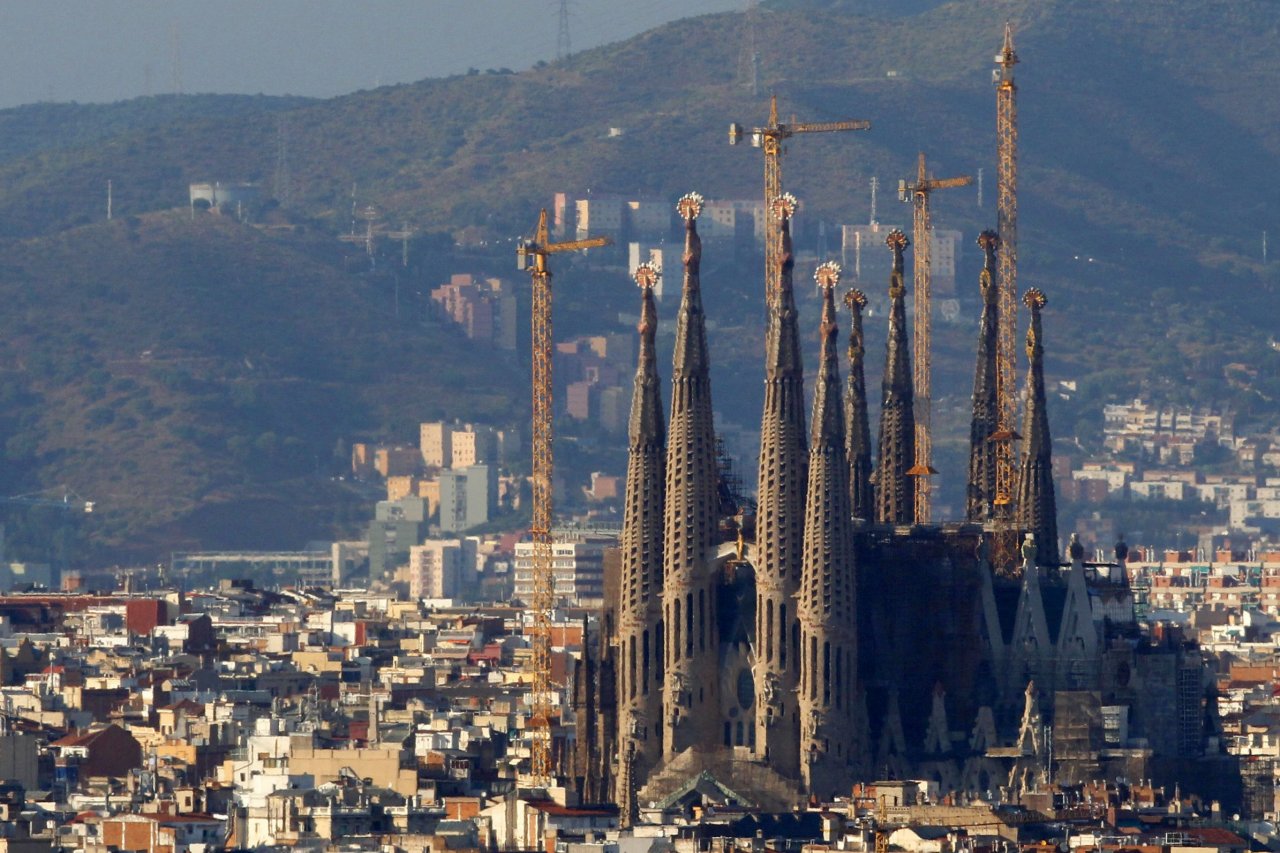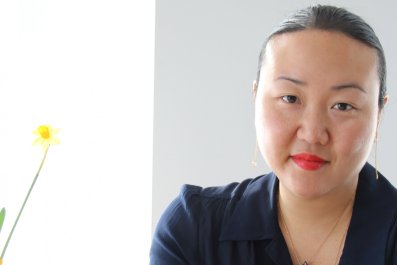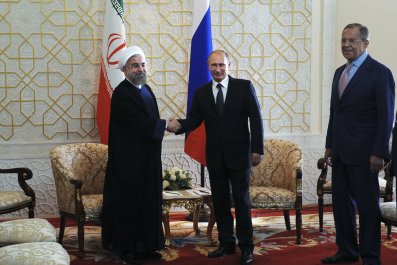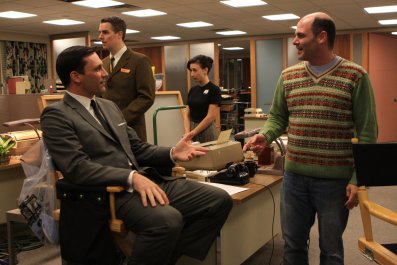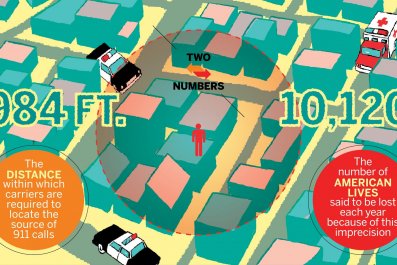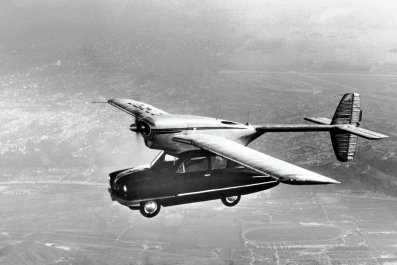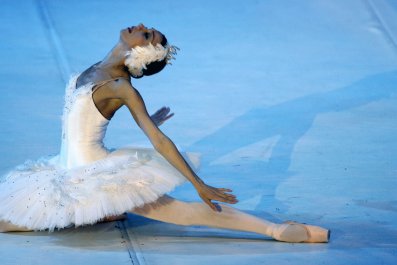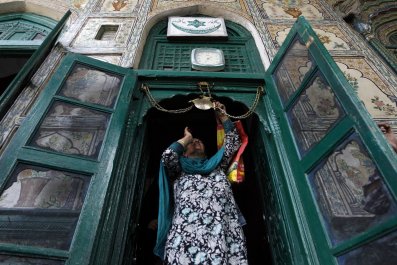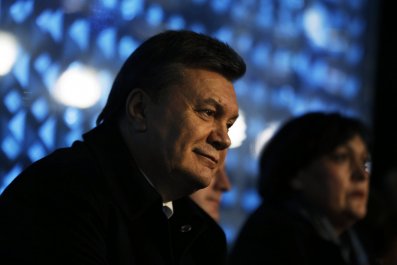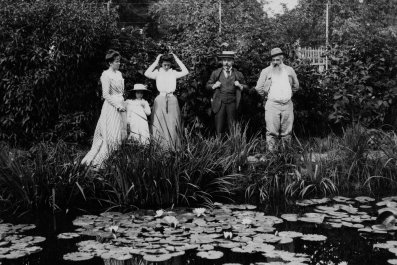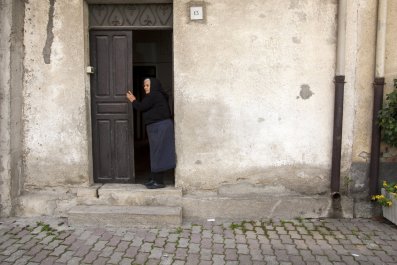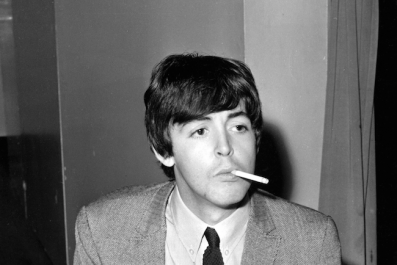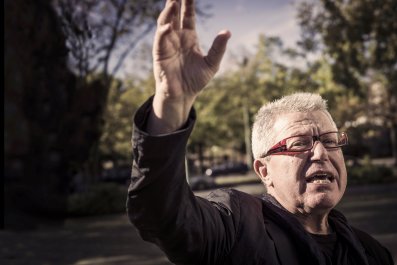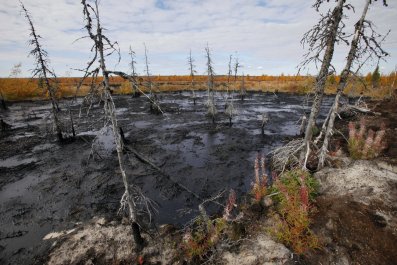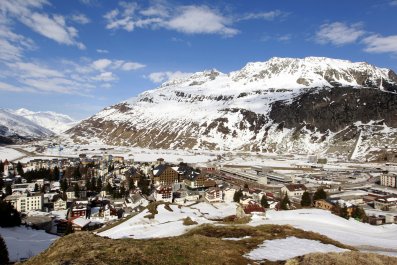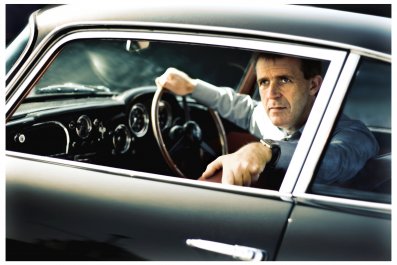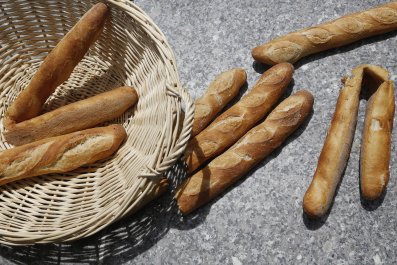For a while we used to go on family holidays to the French Basque country, and I sensed I was entering a different world – a real equivalent of the Narnias I had inhabited as a younger child – dense and rich with distinctive local styles, customs, speech, culture. There was the architecture of red-beamed broad-roofed houses with overhanging eaves; there was an ancient, bizarre language – we went to church on Sundays mostly to hear the fervent earthy sound of the litany sung in Basque; there were local sports, especially pelota, a little like the fives I was playing at school; above all there was food of a magnificence I had never encountered. I was utterly seduced by the sweet musky ripeness of the orange-fleshed Charentais melons and the sheer size of the langoustines.
If this was Europe I was all for it. Europe seemed to mean a wonderful expansion of identity, possibility and sensuous delight. The sea and the sun were warmer here; people were warmer too, or better at conveying warmth. A few minutes after I set foot for the very first time on the Continent (as it was still quaintly called in the England of my youth), at Fiumicino airport in Rome, a kindly Italian patted me on the head and called me "bambino".
Quite a bit later I went to live on the Continent for longer stretches. I spent part of my gap year in a freezing grey Paris, stalking the Impressionists in the Jeu de Paume, saving up money for indulgent pâtisseries such as the plump-nun-shaped religieuses au chocolat, gathering to taste and drink wines with friends at the weekends in a high-ceilinged flat on the Ile St Louis.
More transformatively, I decamped to Barcelona in my twenties, wanting to escape my background, my class, my stiffness and rigidity: the inhibitions of England. The welcome and the kindness saved my life, or at least unfroze me. Of course easy Spanish clichés were quickly dispelled. According to many of my new friends, this was not Spain at all but a separate European nation with again its own language, poetry, culture – and excellent business sense – called Catalunya. I learned of a harsh history of oppression shot through with moments of great creative freedom and spontaneity. England seemed quite tranquil but rather dull by comparison.
If the Amazon, the Barrier Reef and the Rift Valley are world centres of biodiversity, Europe is surely still one of the world hotspots of cultural diversity. The Babelian confusion of languages is both a blessing and a curse. But the lazy Anglo-Saxon attitude of not bothering with other tongues limits all sorts of encounters, from the casual to the profound. Monoglot English-speakers' ignorance of the literature and thought (especially, because music and visual art are more universal) of non-English-speaking Europe is still astonishing. How many of us in England had heard of the French-Jewish writer Patrick Modiano until he won the Nobel Prize last year? Federico García Lorca was just one of a great constellation of poets known as the generación del 27. Have we read a single verse by any of the others?
This is still a continent of startling diversity, differentiated and divided. The north-south divide has been exacerbated by the debt crisis and its aftermath, with terrible levels of unemployment in Spain and at least one of the horsemen of the apocalypse, malnutrition, raising his head again in Greece. The culture, as opposed to the stag-party venues, of many parts of eastern Europe and the Baltic states remains, lamentably, little known.
This column will explore and celebrate that diversity, as a way of calling across the divides. Another gulf I want to bridge is that between high and low culture. The careful "education" of a barrel of amontillado in Sanlúcar de Barrameda is considered as noteworthy here as the public pronouncements of a weighty German philosopher such as Jürgen Habermas. The greatest of all the arts is the art of living. Here Europe for all its travails has always offered unparalleled riches, from the stately café culture of Vienna to the human sense of time experienced in Naples. A prodigal returning to my own land, I now even appreciate the peace and tepid beer of the English pub.



